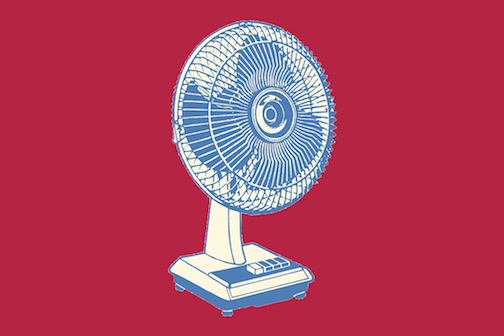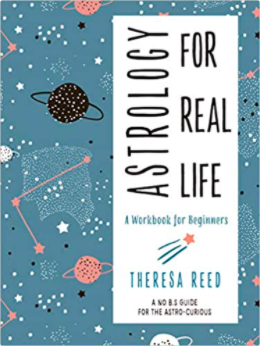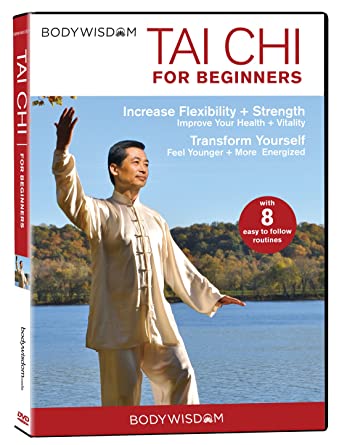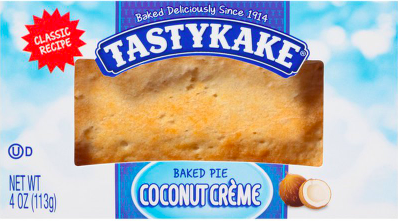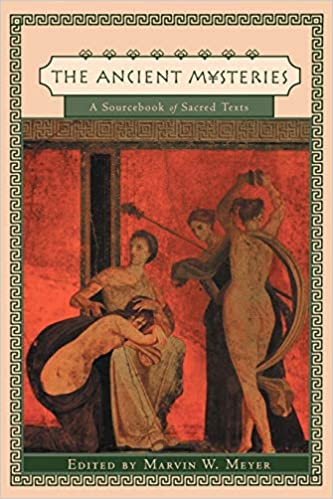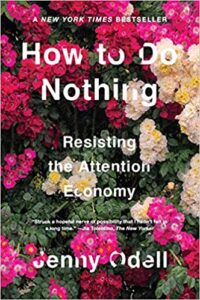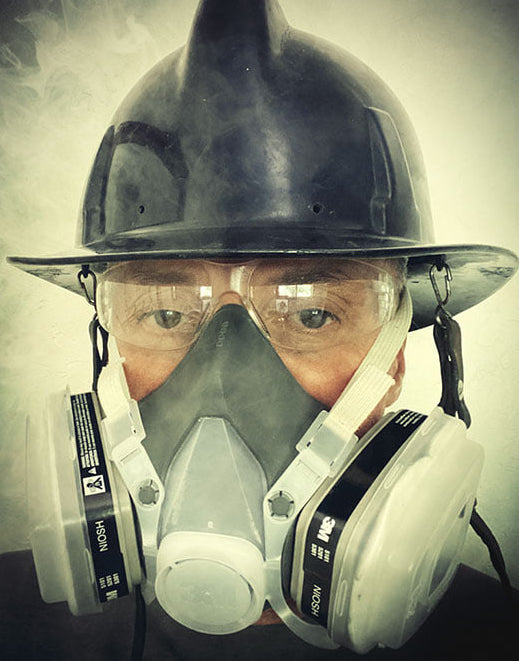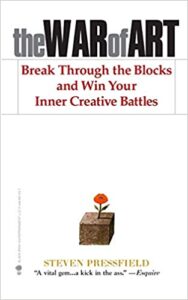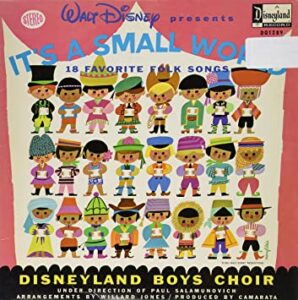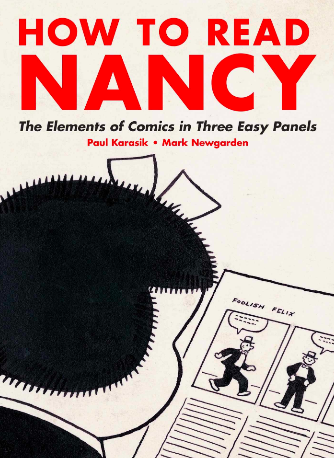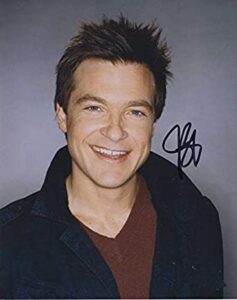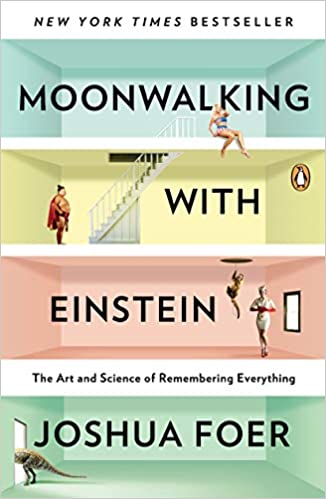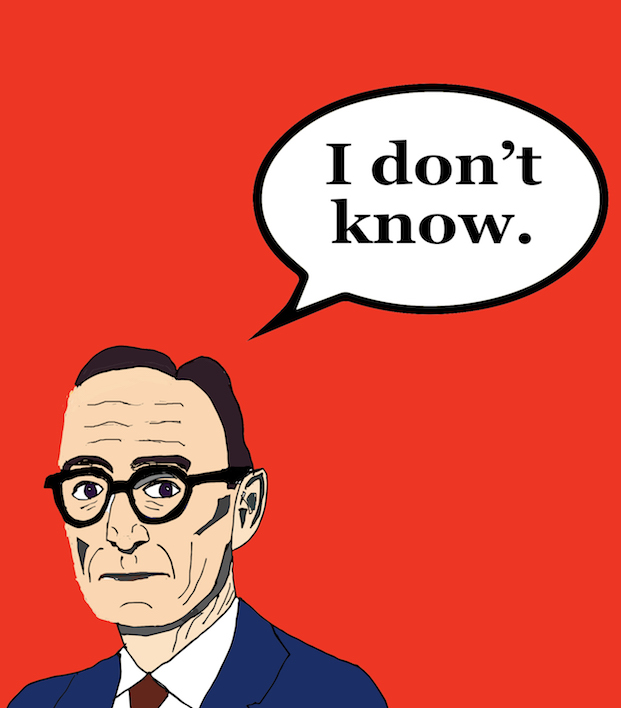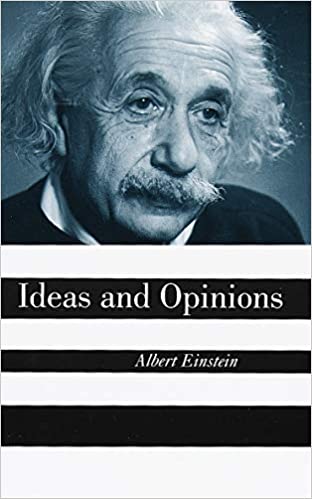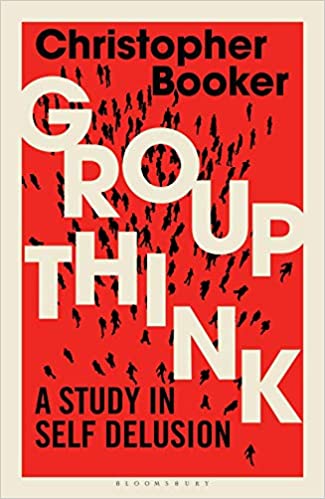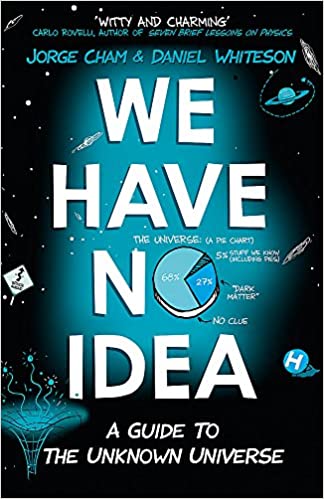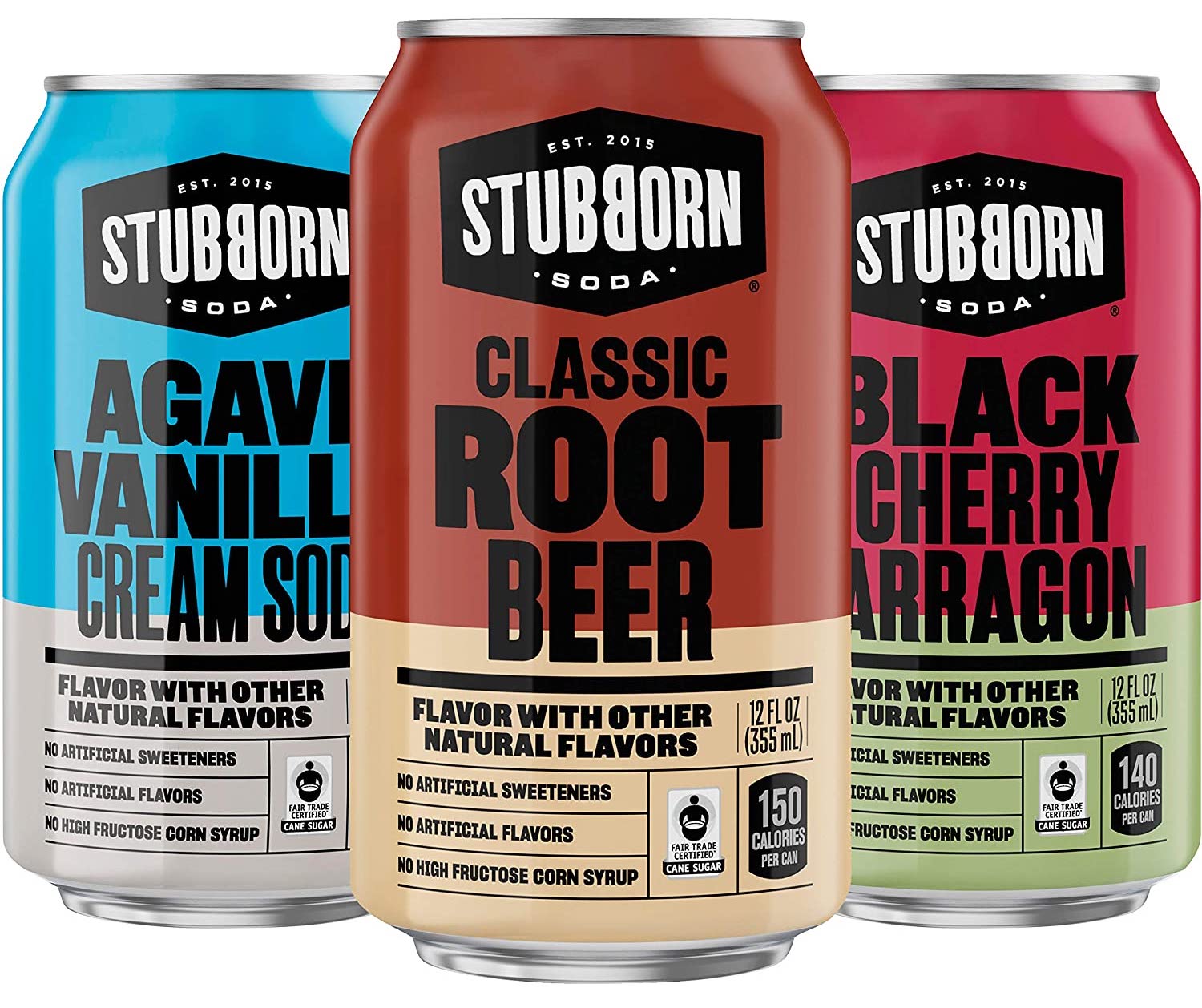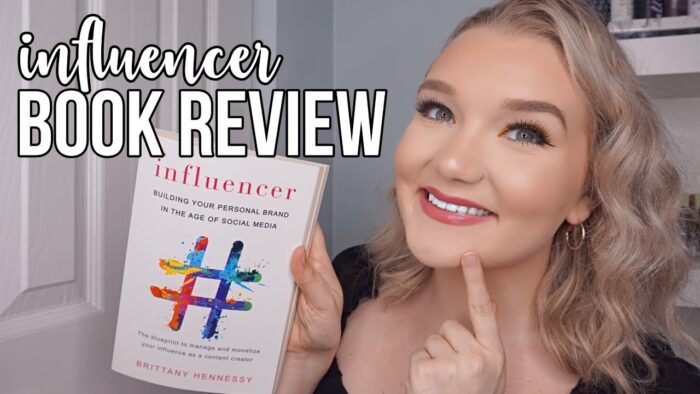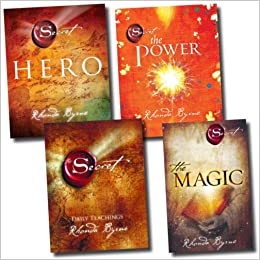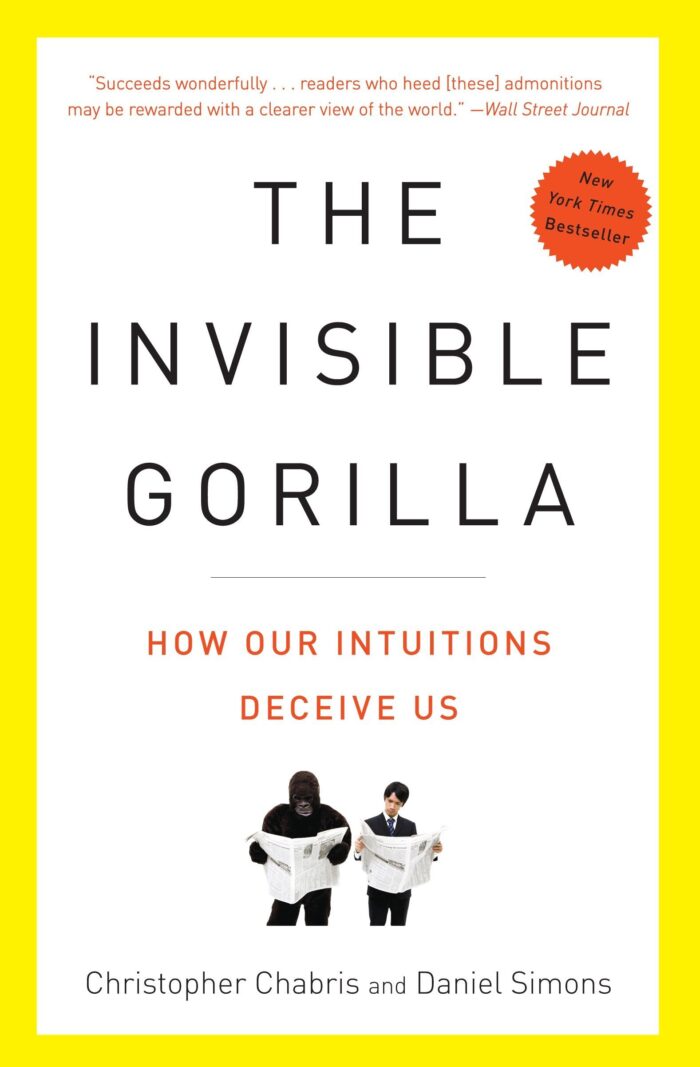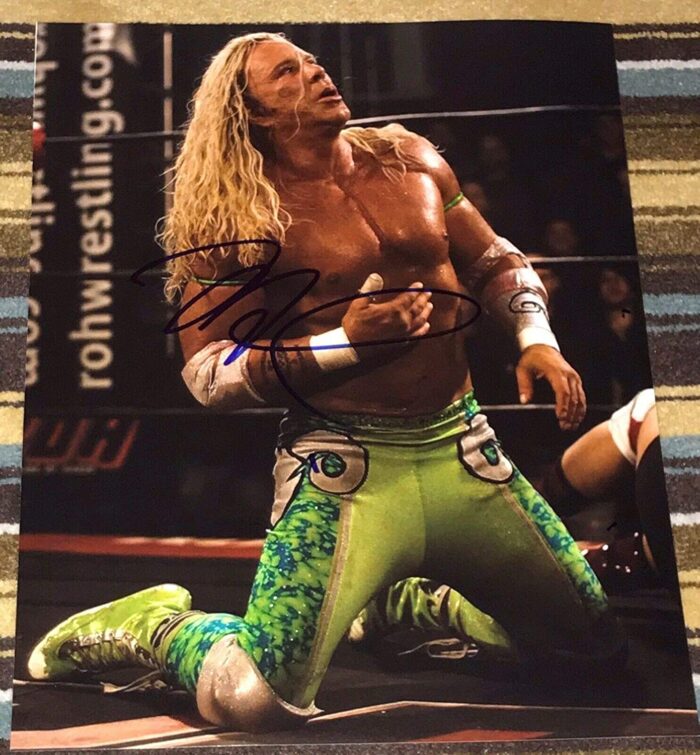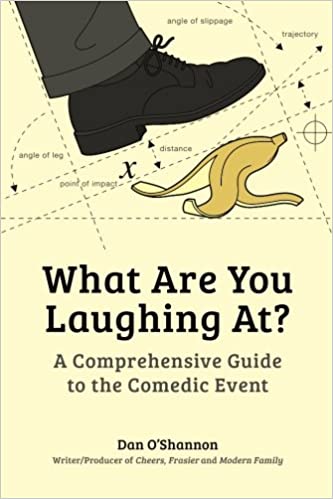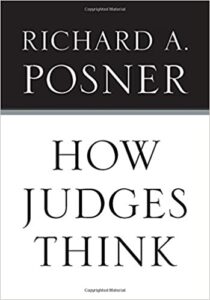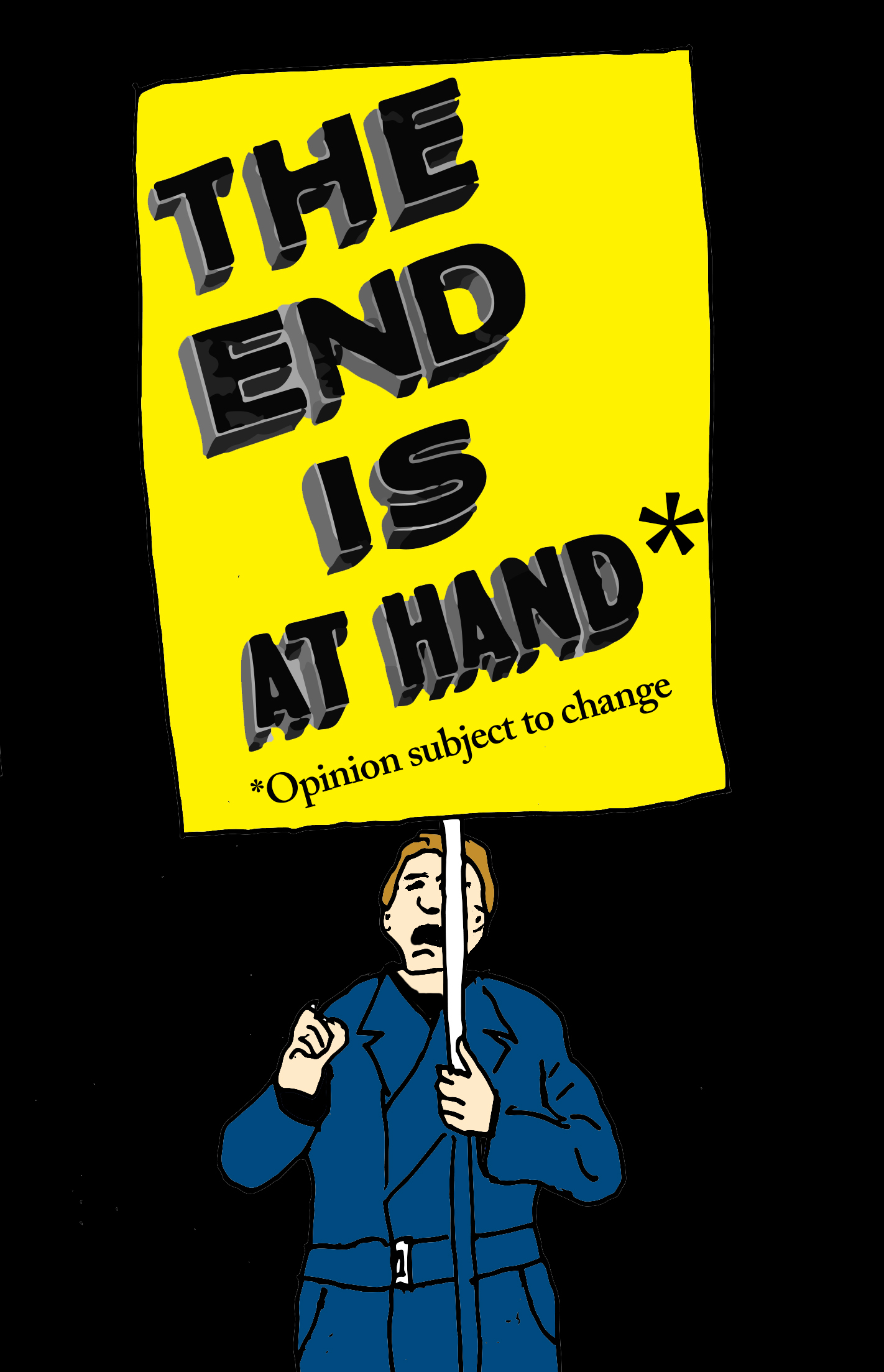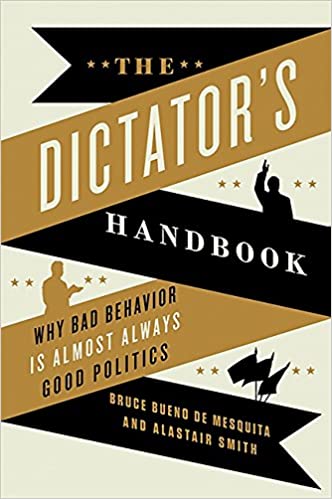We don’t know about you, but here at SuperOptimist headquarters, the past couple of weeks have been filled with more than our share of unfortunate events: a car battery dying at an inopportune time, a dog spraining his right front paw, chaotic deadlines at the office, a pulled muscle in the lower back, and an errant glass of water spilling on a laptop to the tune of a $1500 replacement.
So when we discovered that the planet Mercury had gone into retrograde on October 13th, and will continue that way for a few more days, we weren’t in the least surprised. After all, the hallmarks of Mercury Retrograde are often negative and doom-laden. Disruptions, miscommunication, and worrying more than usual are but some of the troubles one can expect. And all this comes in the midst of voting for the U.S. president, as friends, neighbors and the country-at-large are made frantic by the possibility that we’re in for another contested election. (Guess when the last presidential face-off to happen during Mercury Retrograde was? That’s right. Yikes.)

So whether you’re a believer in astrology or you think it’s all hocum and nonsense, this latest cycle is due to end at 12:50 pm on November 3rd. Whether this is good news or not, will depend on how you play it.
SuperOptimists, believing that every negative is a positive in disguise, do not run from the trials of Mercury Retrograde. In fact, we welcome them! Consider that these are not negative events, but moments designed to wake us out of the semi-conscious state in which we often pass our time.
In our case, the unwelcome expenditure on a laptop reminds us that hey, it’s only money and now we’ll have a faster hard drive and more memory; our dog’s sore paw helps us honor the animal kingdom by loving her even more and give her an extra treat, the bad back an opportunity to slow down, take stock, and correct mistakes we made trying a power yoga move when we should start with mild stretching.
Just as spiritual practitioners welcome pain as a teaching tool, our Mercury Retrograde exposure helps us foster patience and focus the mind. As we rise above present discomforts, we’ll be better prepared for whatever comes next. (Including 6 more months of social isolation, our candidate not winning the election, and the cancellation of our favorite program on netflix.)
Best of all, without Mercury Retrograde, we wouldn’t know how good we have it when it’s not Mercury Retrograde. And for that, we’re eternally grateful.
*Mercury Retrograde doesn’t mean the planet has suddenly changed direction, but that from the perspective of the Earth, it appears to be moving backwards against the constellations of stars that form the zodiac. So it’s an illusion…but then again, isn’t everything?

